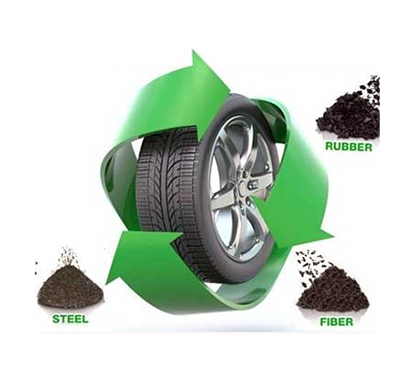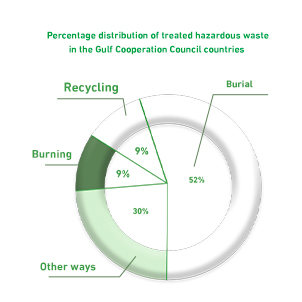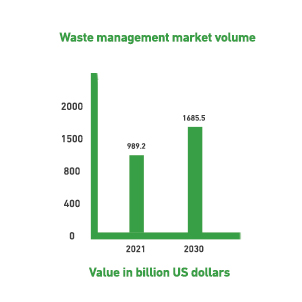Automotive Oil Production and Filling Plant is an effective industrial facility manufacturing and packaging lubricating oils which play a fundamental role in the health and performance of car engines and other transportation. These oils play a fundamental role in maintaining engine efficiency by cooling and preventing friction and corrosion, which contributes to increasing the lifespan of vehicles. The Automotive Oil Production and Filling Plant caters to car maintenance centers, mechanics workshops, car spare parts dealers, fuel stations and oil changes.

Automotive Oil Production and Filling Plant is an effective industrial facility manufacturing and packaging lubricating oils which play a fundamental role in the health and performance of car engines and other transportation. These oils play a fundamental role in maintaining engine efficiency by cooling and preventing friction and corrosion, which contributes to increasing the lifespan of vehicles
The Automotive Oil Production and Filling Plant caters to car maintenance centers, mechanics workshops, car spare parts dealers, fuel stations and oil changes
Mashroo3k for Economic Consulting is pleased to provide specialized services to investors interested in investing in the Automotive Oil Production and Filling Plant by assessing the economic feasibility of the project and its implementation. Our services are comprehensive and integrated as they analyze the whole aspects of the project, including the marketing, technical, financial, and administrative aspects due to our vast database which enables us to analyze the market indicators and predict future requirements



Executive Summary
Project Service/Product Study
Market Size Study
Study of Risks
Technical Study
Financial Study
Regulatory and Administrative Study

Recycling Sector in the Gulf Cooperation Council
The technological advancements in the GCC countries, as well as population growth, have contributed to increasing the quantity of waste generated from human and industrial activities, etc These represent a real test to the GCC governments; as it has become imperative for the GCC countries to address this issue at a faster pace to avoid environmental and health-related problems. Furthermore, the total accumulated waste quantity (hazardous and non-hazardous) in the GCC countries has been estimated at approximately 131.8 million tons. This waste is distributed with a ratio of (1.2% hazardous waste) and (98.8% non-hazardous waste). Thus, Mashroo3k for Economic and Administrative Consulting would like to present the most important indicators of the recycling sector in the GCC countries below:
Reducing primary energy consumption by about 4%.
Creating 50,000 jobs in the recycling sector.
Reducing the annual carbon dioxide emissions by 13 million tons.
Generating economic returns of USD 138 billion for the GCC countries during 2020-2030.
Recommendations:
Mashroo3k recommends investing in the recycling sector for the following reasons:
The world produces about 2.01 billion tons of solid waste; the volume of these wastes is expected to reach 3.40 billion tons by 2050.
In 2014, the world production of electronic wastes reached 12.8 million metric tons and rose, reaching 53.6 million metric tons in 2019.
Plastic and paper constitute approximately 29% of the total global waste; they are promising sectors for profit if investment is made in them through recycling Here is a division of all waste and its percentage share of total global waste:

Mashroo3k confirms that the waste volume in the Kingdom has exceeded 45 million tons per year. As the Kingdom strives to increase the recycling ratio from 1% to 80% by 2035, the company sees that investment in this vital sector will be significantly profitable. Here are the prospects of the recycling and energy industries
Mashroo3k for Economic Consulting and Market Research confirms that recycling is one of the promising sectors in the Kingdom, as its projects are considered real opportunities for investment, especially after Saudi Arabia’s shift towards the green economy in a way to preserve the environment which is a priority for the wise leadership, which is evident in the Saudi Vision 2030.
Global Recycling Sector
In 2021, the volume of the Global Waste Management Market was estimated at USD 989.20 billion The market is expected to expand at a CAGR of 6.2% from 2022 to 2030; therefore, the market value will reach USD 1685.5 billion at the end of the forecast period. The Middle East and North Africa region is expected to expand in waste recycling and management at a CAGR of 6.3% during the years between 2022 and 2030. This growth is attributed to the increasing awareness regarding the sustainable benefits of waste reuse and recycling. to be overlooked that the fact is the increase in population, rising levels of urbanization, economic growth, and consumption patterns are factors that require encouraging investment in this vital sector